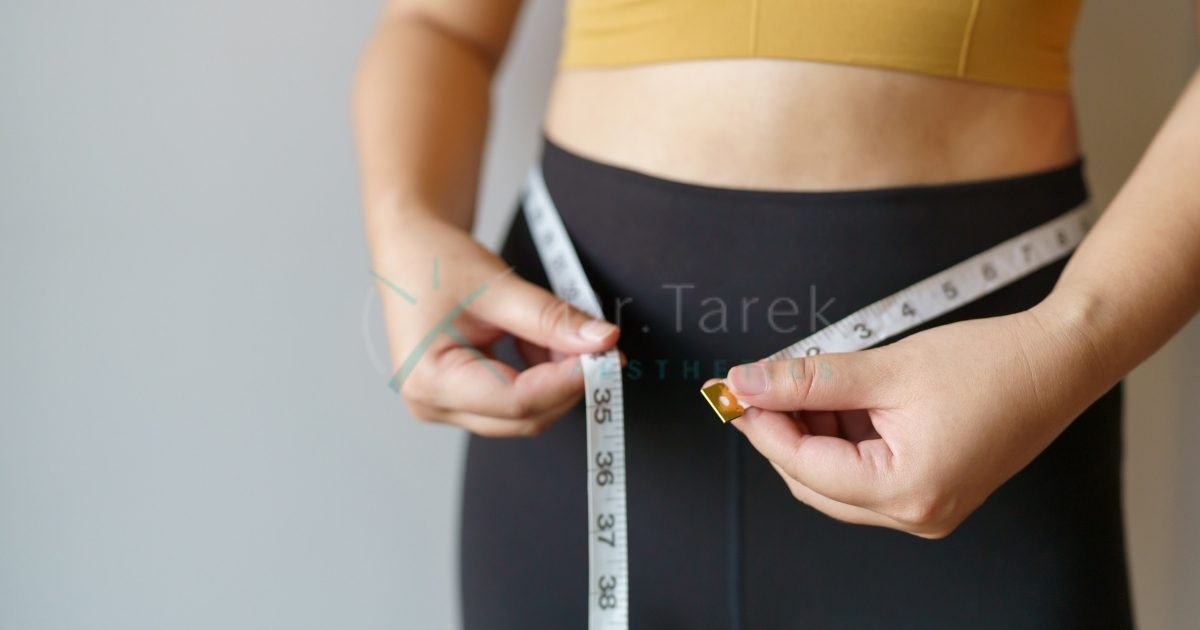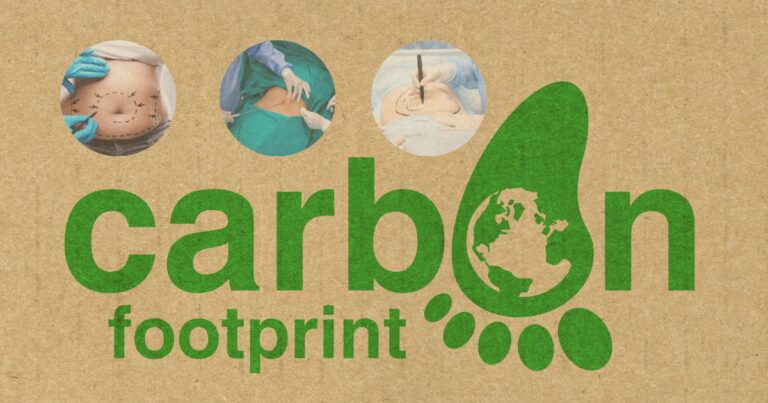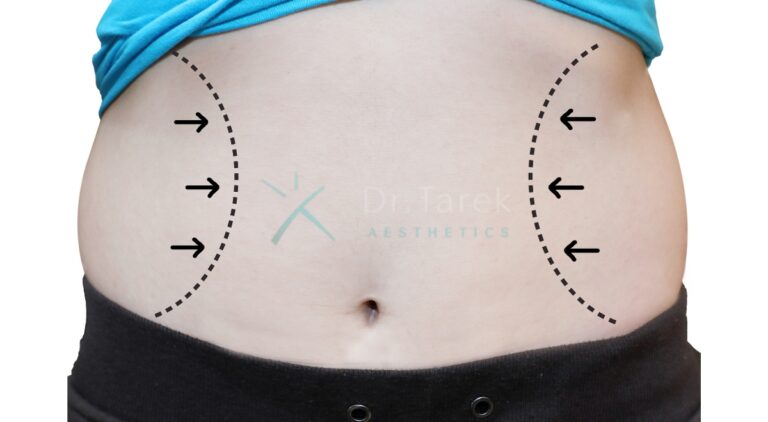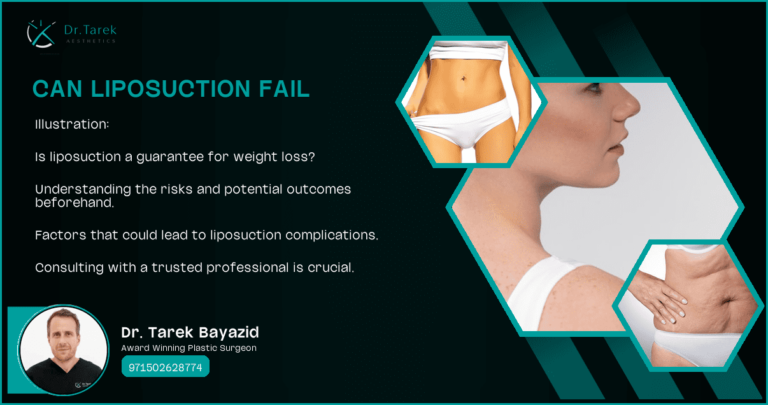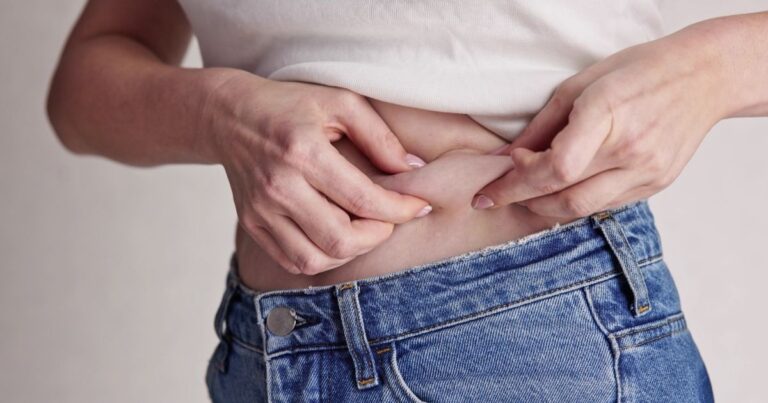Liposuction is a popular cosmetic procedure that many people turn to for body contouring. However, a common question that arises is, “Can I continue to lose weight after liposuction?” This article aims to provide a comprehensive guide on this topic, covering everything from the procedure itself to long-term weight management strategies.
Can I Continue To Lose Weight After Liposuction
Liposuction is a surgical procedure designed to remove excess fat from specific areas of the body. It is not a weight-loss solution but rather a method for contouring the body by targeting stubborn fat deposits.
Minimally Invasive Liposculpting is a way to remove fat from the body using tiny tools and small cuts it helps people change their body shape without big surgery
- Procedure Details : Liposuction involves the use of a suction technique to remove fat from areas like the abdomen, thighs, and arms.
- Recovery Time : Most patients can return to normal activities within a few weeks, but full recovery may take several months.
Long-term Effects on Body Composition
Liposuction can have lasting effects on your body composition, but it doesn’t prevent future weight gain. The fat cells removed during the procedure are gone for good, but remaining fat cells can still expand.
- Permanent Fat Removal : The fat cells removed during liposuction do not regenerate.
- Potential for Weight Gain : If you gain weight post-surgery, it will likely be distributed in other areas of your body.
Maintaining Weight Loss Post-Liposuction
Importance of Healthy Lifestyle Habits
Maintaining a healthy lifestyle is crucial for sustaining the benefits of liposuction. This includes a balanced diet and regular exercise.
Book A Consultation With Dr Tarek Bayazid
Top-rated Plastic Surgeon For Liposuction in Dubai
Installment Plan Available
- Diet : Focus on a diet rich in fruits, vegetables, lean proteins, and whole grains.
- Exercise : Incorporate both cardiovascular and strength training exercises into your routine.
Diet and Exercise Recommendations
A well-rounded diet and exercise plan can help you maintain your new body shape and continue to lose weight.
- Balanced Diet : Aim for a diet that includes a variety of nutrients to support overall health.
- Regular Exercise : Engage in at least 150 minutes of moderate aerobic activity or 75 minutes of vigorous activity each week.
How Does Liposuction Affect Metabolism
Impact on Fat Cell Distribution
Liposuction changes the distribution of fat cells in your body, which can affect your metabolism.
- Localized Fat Removal : The procedure targets specific areas, leaving other areas unaffected.
- Metabolic Changes : Removing fat cells can lead to changes in how your body stores and burns fat.
Changes in Hormonal Balance
Liposuction can also impact your hormonal balance, which plays a role in weight management.
- Hormonal Shifts : The removal of fat cells can affect hormones like insulin and leptin.
- Metabolic Rate : These hormonal changes can influence your metabolic rate and appetite.
Combining Liposuction with Weight Loss Programs 
Synergistic Effects of Surgery and Lifestyle Changes
Combining liposuction with a structured weight loss program can yield better results than either approach alone.
- Enhanced Results : Surgery can jumpstart your weight loss journey, making it easier to stick to a healthy lifestyle.
- Sustainable Changes : A combined approach promotes long-term success.
Personalized Approach for Optimal Results
A personalized plan tailored to your needs can help you achieve the best results.
- Customized Diet Plans : Work with a nutritionist to create a diet plan that suits your lifestyle.
- Individualized Exercise Routines : A personal trainer can design an exercise program that targets your specific goals.
What Happens If You Gain Weight After Liposuction
Fat Redistribution Patterns
If you gain weight after liposuction, the fat will be distributed differently than before.
- New Fat Storage Areas : Fat may accumulate in areas that were not treated during the procedure.
- Body Shape Changes : This can lead to changes in your overall body shape.
Potential Changes in Body Shape
Gaining weight post-liposuction can alter the results of the procedure.
- Altered Contours : The areas treated with liposuction will remain relatively lean, but other areas may become more prominent.
- Aesthetic Concerns : This can affect the aesthetic balance of your body.
How Much Weight Can You Lose with Liposuction
Realistic Expectations for Fat Removal
Liposuction is not a weight-loss procedure but a body contouring method. It’s essential to have realistic expectations.
- Amount of Fat Removed : Typically, only a few pounds of fat are removed during the procedure.
- Visible Changes : The focus is on improving body contours rather than significant weight loss.
Limitations of the Procedure
Understanding the limitations of liposuction can help you set realistic goals.
- Not a Weight-Loss Solution : Liposuction is best for those who are already close to their ideal weight.
- Health Considerations : The procedure is not suitable for everyone, especially those with certain medical conditions.
Is It Easier to Lose Weight After Liposuction
Psychological Factors Influencing Weight Loss
The psychological boost from seeing immediate results can motivate you to maintain a healthy lifestyle.
- Increased Motivation : The initial results can serve as a powerful motivator.
- Improved Self-Esteem : Feeling better about your appearance can encourage you to stick to your weight loss goals.
Motivation and Body Image Improvements
Improved body image can lead to better adherence to diet and exercise routines.
- Positive Reinforcement : Seeing the changes in your body can reinforce healthy habits.
- Long-term Commitment : A better body image can lead to a long-term commitment to a healthy lifestyle.
Long-term Benefits of Liposuction for Weight Management 
Sustained Fat Reduction in Treated Areas
Liposuction offers long-term benefits by permanently removing fat cells from treated areas.
- Permanent Results : The fat cells removed do not come back.
- Maintenance : Maintaining a stable weight can help preserve the results.
Enhanced Body Contouring Effects
The procedure can enhance your body’s natural contours, making it easier to maintain a balanced physique.
- Improved Proportions : Liposuction can create a more balanced and proportionate appearance.
- Long-lasting Results : With proper care, the results can last for many years.
Can I Continue to Lose Weight After Liposuction in Specific Body Areas
Targeted Fat Removal and Overall Weight Loss
Liposuction allows for targeted fat removal, which can complement overall weight loss efforts.
- Specific Areas : The procedure can target stubborn areas that are resistant to diet and exercise.
- Comprehensive Approach : Combining liposuction with a healthy lifestyle can lead to overall weight loss.
Customized Treatment Plans
A customized treatment plan can help you achieve the best results in specific body areas.
- Personalized Approach : Work with a specialist to create a plan tailored to your needs.
- Ongoing Support : Regular follow-ups can help you stay on track.
Nutritional Considerations for Post-Liposuction Weight Loss
Balanced Diet Recommendations
A balanced diet is crucial for maintaining the results of liposuction and continuing to lose weight.
- Nutrient-Rich Foods : Focus on foods that provide essential nutrients.
- Portion Control : Be mindful of portion sizes to avoid overeating.
Importance of Protein Intake
Protein is essential for muscle preservation and overall health.
- Muscle Maintenance : Adequate protein intake helps preserve muscle mass.
- Satiety : Protein-rich foods can help you feel full longer, reducing the likelihood of overeating.
Exercise Strategies to Maximize Weight Loss After Liposuction
Cardiovascular Activities
Cardiovascular exercises are effective for burning calories and improving overall fitness.
- Types of Activities : Include activities like running, cycling, and swimming.
- Frequency : Aim for at least 150 minutes of moderate aerobic activity each week.
Strength Training for Muscle Preservation
Strength training is essential for preserving muscle mass and boosting metabolism.
- Types of Exercises : Include weight lifting, resistance bands, and body-weight exercises.
- Frequency : Engage in strength training exercises at least two days a week.
Potential Challenges in Losing Weight After Liposuction
Addressing Plateaus and Setbacks
Weight loss plateaus and setbacks are common but can be managed with the right strategies.
- Adjusting Routines : Change your diet and exercise routines to overcome plateaus.
- Staying Motivated : Keep your long-term goals in mind to stay motivated.
Adjusting Expectations and Goals
Setting realistic expectations and goals can help you stay on track.
- Realistic Goals : Set achievable short-term and long-term goals.
- Flexibility : Be prepared to adjust your goals as needed.
How Long After Liposuction Can I Start Losing Weight
Recovery Timeline
Understanding the recovery timeline is crucial for planning your weight loss journey.
- Initial Recovery : Most patients can resume light activities within a few days.
- Full Recovery : Complete recovery may take several months.
Gradual Return to Physical Activities
Gradually returning to physical activities can help you avoid complications and achieve better results.
- Start Slow : Begin with light activities and gradually increase intensity.
- Listen to Your Body : Pay attention to your body’s signals to avoid overexertion.
Can I Continue to Lose Weight After Liposuction Without Additional Procedures
Non-Surgical Weight Loss Methods
Non-surgical methods can be effective for continuing weight loss after liposuction.
- Diet and Exercise : Focus on maintaining a healthy diet and regular exercise routine.
- Lifestyle Changes : Incorporate long-term lifestyle changes for sustained weight loss.
Lifestyle Modifications for Long-term Success
Making lifestyle modifications can help you achieve long-term success in weight management.
- Healthy Habits : Develop habits that support a healthy lifestyle.
- Ongoing Support : Seek support from healthcare professionals to stay on track.
FAQs
Can I continue to lose weight after liposuction?
Yes, you can continue to lose weight after liposuction by maintaining a healthy lifestyle, including a balanced diet and regular exercise.
How soon can I exercise after liposuction?
You can usually start light activities within a few days, but full recovery and a return to more intense exercise may take several weeks to months.
Will the fat come back after liposuction?
The fat cells removed during liposuction are permanently gone, but remaining fat cells can still expand if you gain weight.
Is liposuction a weight-loss solution?
No, liposuction is a body contouring procedure designed to remove stubborn fat deposits, not a weight-loss solution.
How much fat can be removed during liposuction?
Typically, only a few pounds of fat are removed during liposuction, focusing on improving body contours rather than significant weight loss.
What happens if I gain weight after liposuction?
If you gain weight after liposuction, the fat will be distributed differently, potentially altering your body shape and the results of the procedure.
Can liposuction improve my metabolism?
Liposuction can change fat cell distribution and potentially impact hormonal balance, but it is not a primary method for improving metabolism.
Is it easier to maintain weight loss after liposuction?
The psychological boost from seeing immediate results can make it easier to maintain a healthy lifestyle and continue losing weight after liposuction.
What are the long-term benefits of liposuction?
Liposuction offers long-term benefits by permanently removing fat cells from treated areas, enhancing body contours, and making it easier to maintain a balanced physique.
Can I lose weight in specific body areas after liposuction?
Yes, liposuction allows for targeted fat removal, which can complement overall weight loss efforts and help you achieve a more balanced appearance.
Stats:
- According to the American Society of Plastic Surgeons, liposuction was the second most popular cosmetic surgical procedure in 2020, with 211,067 procedures performed.
Source: https://www.plasticsurgery.org/news/plastic-surgery-statistics
